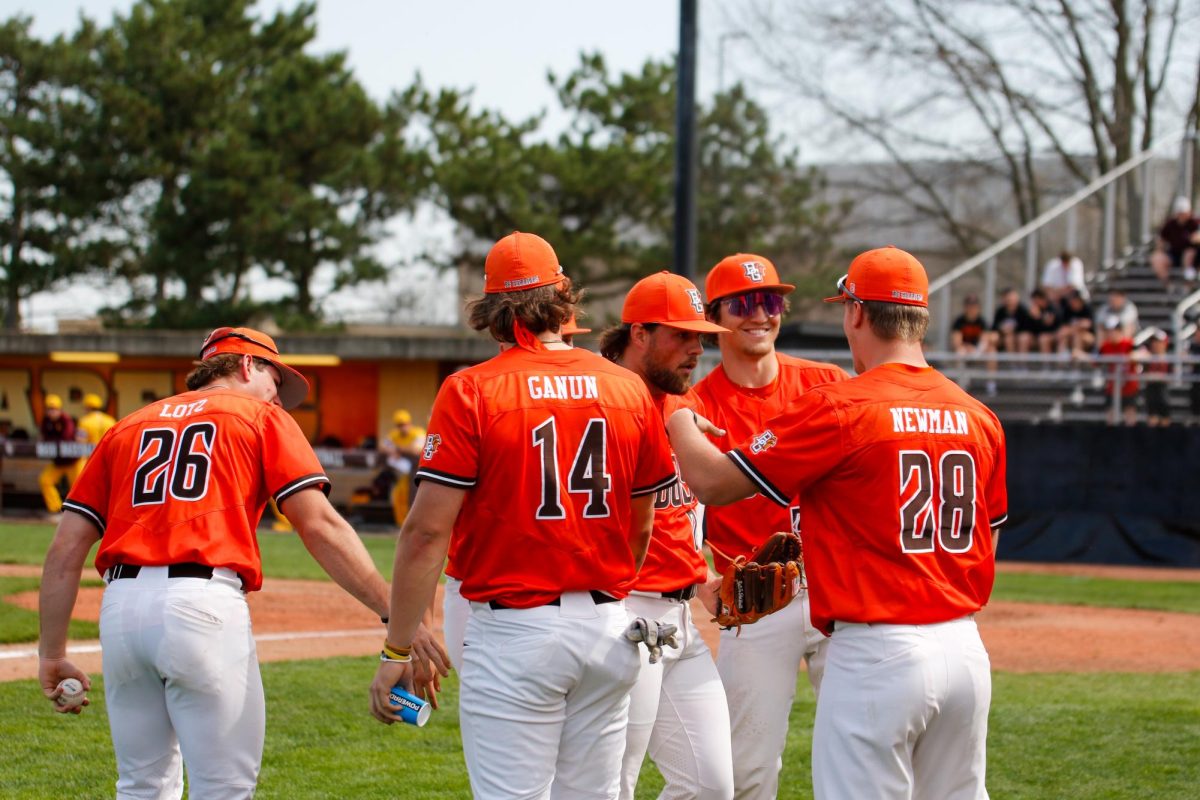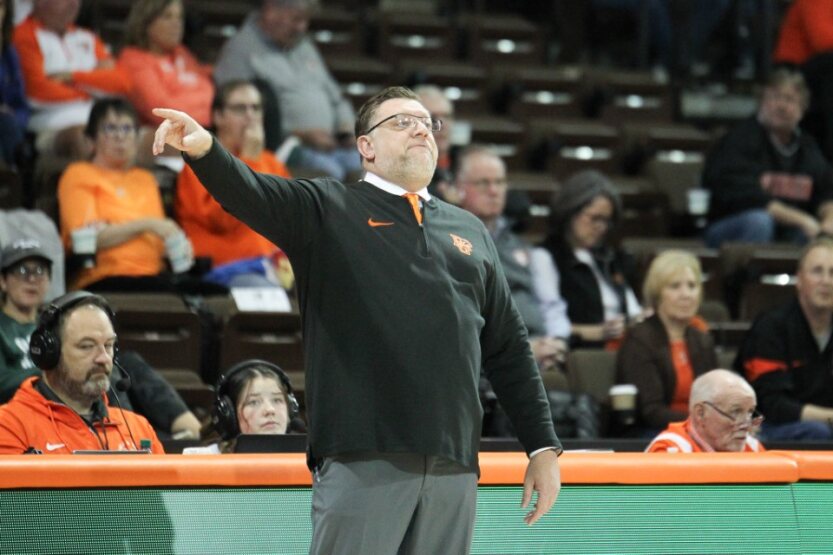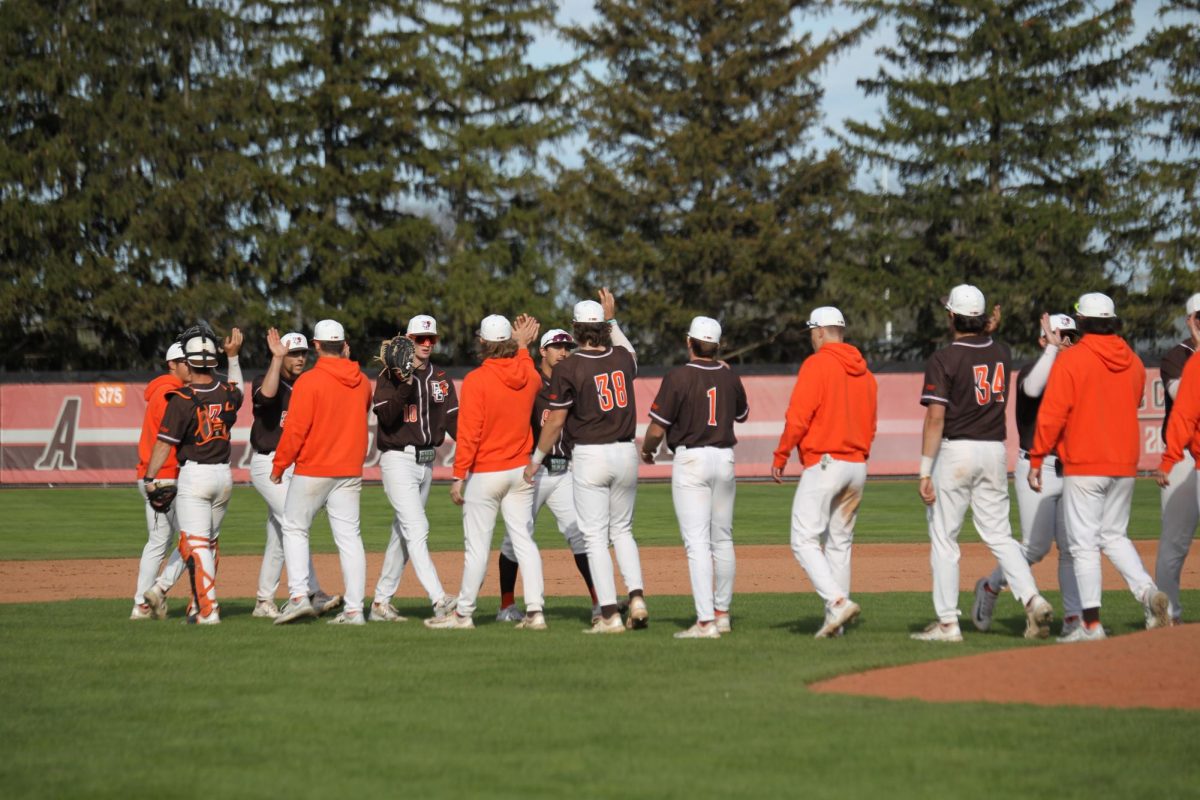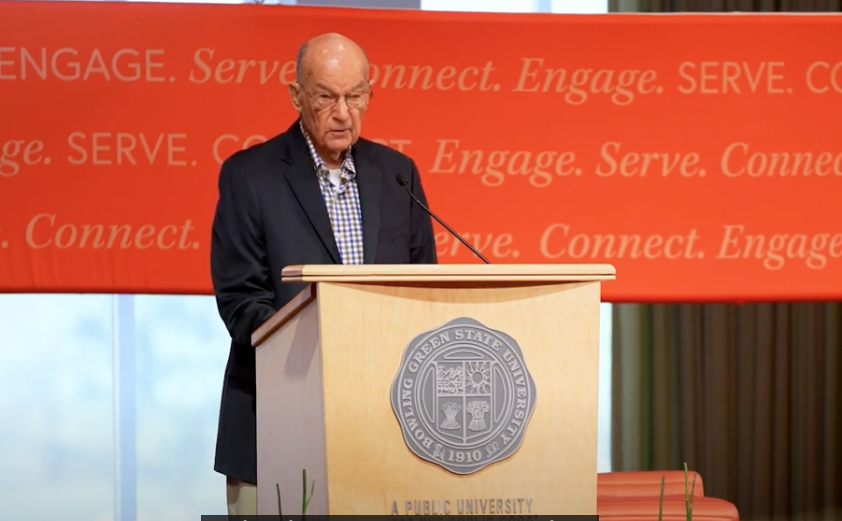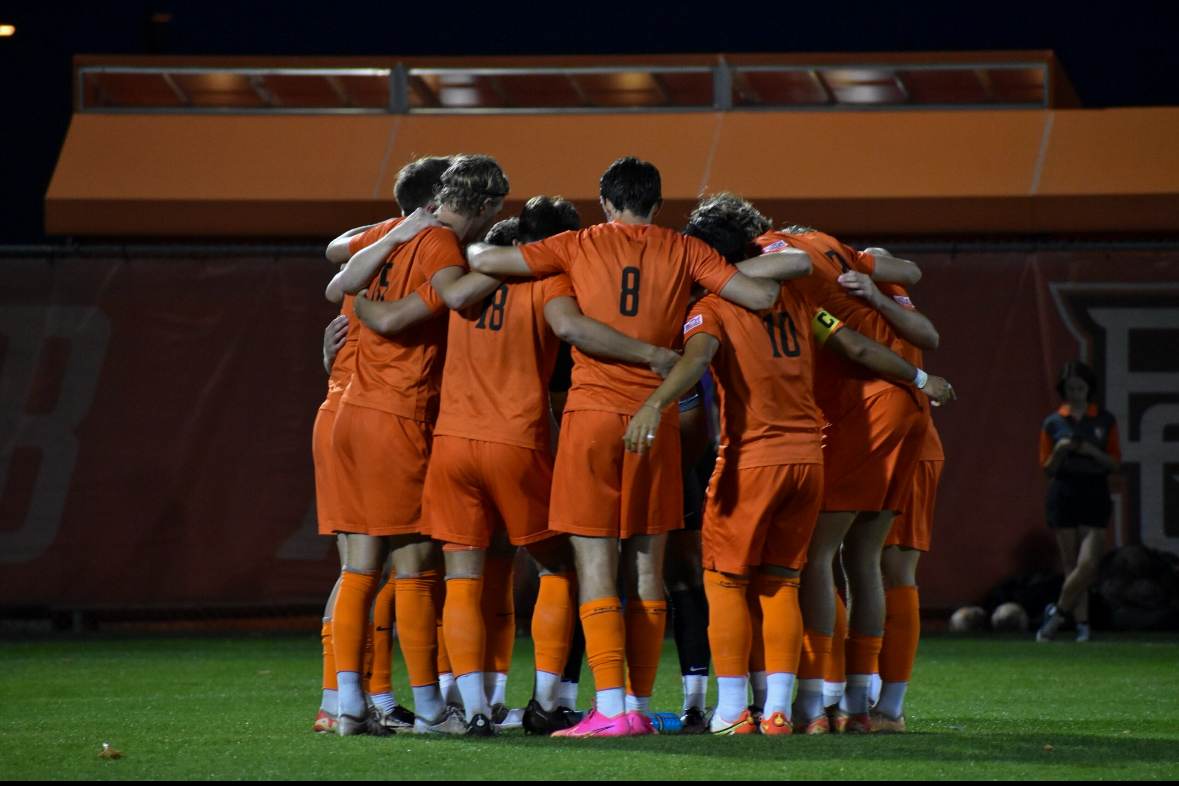Recently there has been an increased focus on education at all levels of government. During his annual State of the State Address, Gov. Ted Strickland laid out a plan of sweeping reforms to the state’s educational system.
These reforms included lengthening the school year by 20 days, replacing the Ohio Graduation Test with the ACT, holding teachers and school districts accountable for the performance of their students and increasing the state’s funding for education. At the same time, the federal government’s Economic Stimulus Package sets aside funds to make college more affordable for students by raising the maximum amount available through Pell grants.
However, all of these reforms seem to focus on increasing funding, improving the quality of educators and providing methods for evaluating the performance of students. While these appear to be commendable goals, they fail to take into account the greatest threat to education in this country: schools themselves.
Mark Twain once commented, “I have never let schooling interfere with my education.” Far from being merely a witty remark, Twain’s statement actually contains a kernel of wisdom. The primary goal of the modern American educational system is to provide everyone with an equal opportunity to learn.
In theory, this results in a well-educated populace and a skilled workforce. In reality, this leads to the rise of overwhelming mediocrity. Though the school system should be responsible for fixing this, it is not possible within the bounds of the current system. Where school leaves off, students themselves must take over.
In most cases, especially 100 and 200 level courses, instructors end up teaching from a broad syllabus intended to provide background information on a general topic. The syllabus, however, is not flexible enough to take into account individual students’ interests. Instructors end up covering material that students don’t want to learn, or merely touch on material that students want to cover in-depth.
Additionally, these lower-level classes are general to the point of uselessness, since they try to teach students something about everything, rather than everything about something. Such knowledge is so general and superficial they might as well learn nothing about anything.
Thus, school cannot be the only source of education, since classes will never teach students exactly what they want or need to learn. While classes can be useful in providing background information, a majority of learning must be student-directed and done on the students’ own time.
Besides, classes often end up teaching concepts in theory rather than in practice. Students are cloistered in their ivory towers of learning, studying the world but never experiencing it. Some programs try to combat this, like Geojourney, a nine week field study course. Often, students find themselves studying concepts which they have no real-world experience with, thus misunderstanding them.
Ideally, the need for real-world experience is why students take internships. But I have to wonder, if internships are so crucial to education, why they don’t comprise a larger part of academic programs. Most students only take one internship – insufficient to provide needed experience. Thus, all jobs during college should be treated as internships; students should choose their jobs based on the educational experience they provide, rather than the paycheck.
Also, teachers find themselves working with a wide variety of students with a wide variety of learning styles and speeds. They are forced to teach to the average students, so slow learners are struggling to keep up, and fast learners are dragged back. As a result, everyone becomes average. Therefore, students who rely on school alone for their education are doomed to mediocrity. The only way for a student to excel is to learn outside of the classroom, tailoring their studies to their own learning needs.
In the end, school fosters the growth of spectacularly mediocre, uninquisitive students who know only generalities and theory. Until reforms are put into place to combat this problem (and I doubt they will be, since such reforms would rework the entire system), students must be responsible for educating themselves outside the classroom.
They cannot allow themselves to be passive receptors of class information, but rather critically examine and research everything. School must be treated for what it is: one facet of the learning process, not the end-all, be-all of education.






